Personal Essays Archive
White Like Me
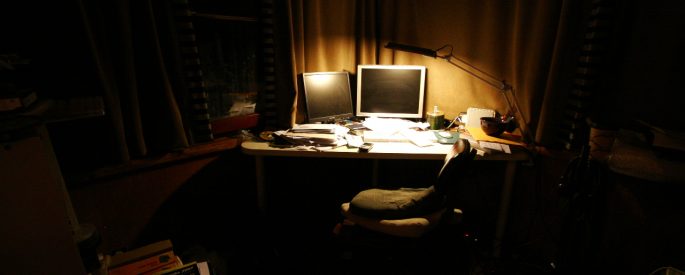
Writing for me had always been a release. But every time I tried to write about my experiences as a Black man, the same thing happened: I doubted myself, and wondered if I was Black enough to write about the Black experience.
Wintering
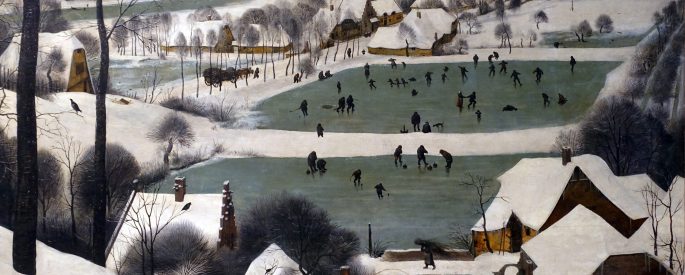
In wintering, can I retreat without completely dissociating from the world beyond the walls of my apartment? Katherine May, in her 2020 book of the same name, shows some ways of doing so.
The Joy of Reading Slowly

I have become a far better reader over the last year and a half because of learning how to read more slowly. Perhaps most importantly, though, I once again love to read.
What a Ghost Sounds Like

They say that in the right space, a space like a cathedral, that is designed for sound, you can build up so much resonance that the air is thick with it. It tingles on the skin and lingers long after the last note is played.
A Year of Online Flânerie

Lauren Elkin has written at length about women indulging in the pleasures of walking and discovering cities. Over the last fifteen months, with the world outside so static, I have walked down online paths, led not only by intrinsic curiosity but also by an inquisitiveness that arose out of
States of Refusal in How to Do Nothing and Housekeeping
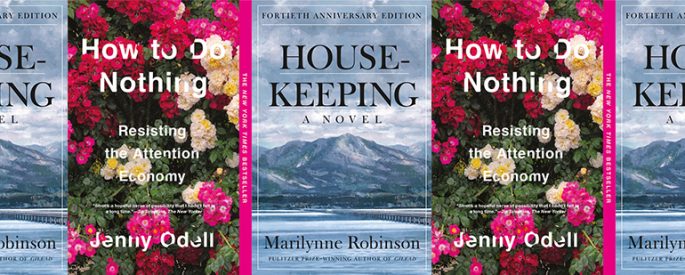
“Fourteen years ago I left my job at a publicly traded company and began life as a freelancer. In all these years I have been trying to get to what Jenny Odell calls the ‘third space,’ an arena of both participation in and resistance to society.”
Sacredness in the In-Between
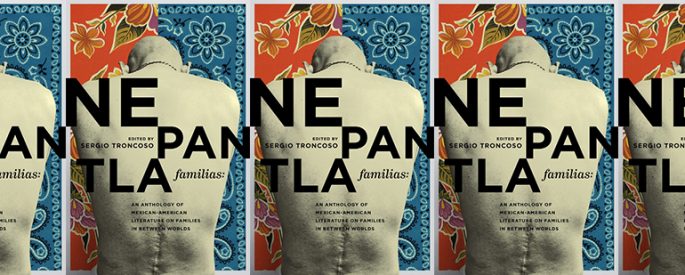
Sergio Troncoso has chosen to situate his latest anthology in an in-between place. Through fiction, poetry, and nonfiction by Mexican American authors, it explores families living along the U.S.-Mexico border and how being in the middle of worlds impacts their lives.
“What is magic but a story with solid engineering?”
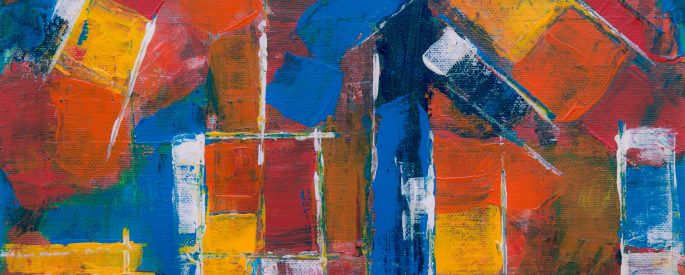
Coming from a culture where audience participation was an integral part of communal life, the novel does not offer my parents, Lao refugees, an easy entry point. So I wrote in a way where nothing would be lost if they added their own spin to the story.
The Shape of Nations
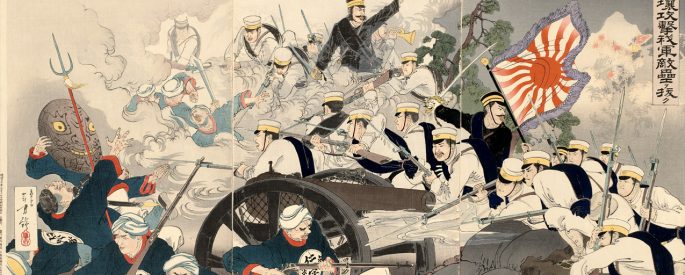
One cannot simply outgrow or outlive a colonial, racist history. In order for the system to change, we need to stare at it and acknowledge it for what it is.
Read Backwards You Were A Grandchild
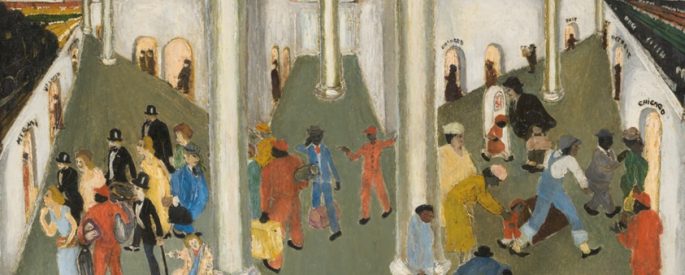
“No story that I write can give shape to all my absences. No matter how measured and articulate, no pronouncement I can make can bring back the dead. I’m not trying to tell a better story anymore—I don’t trust narrative.”